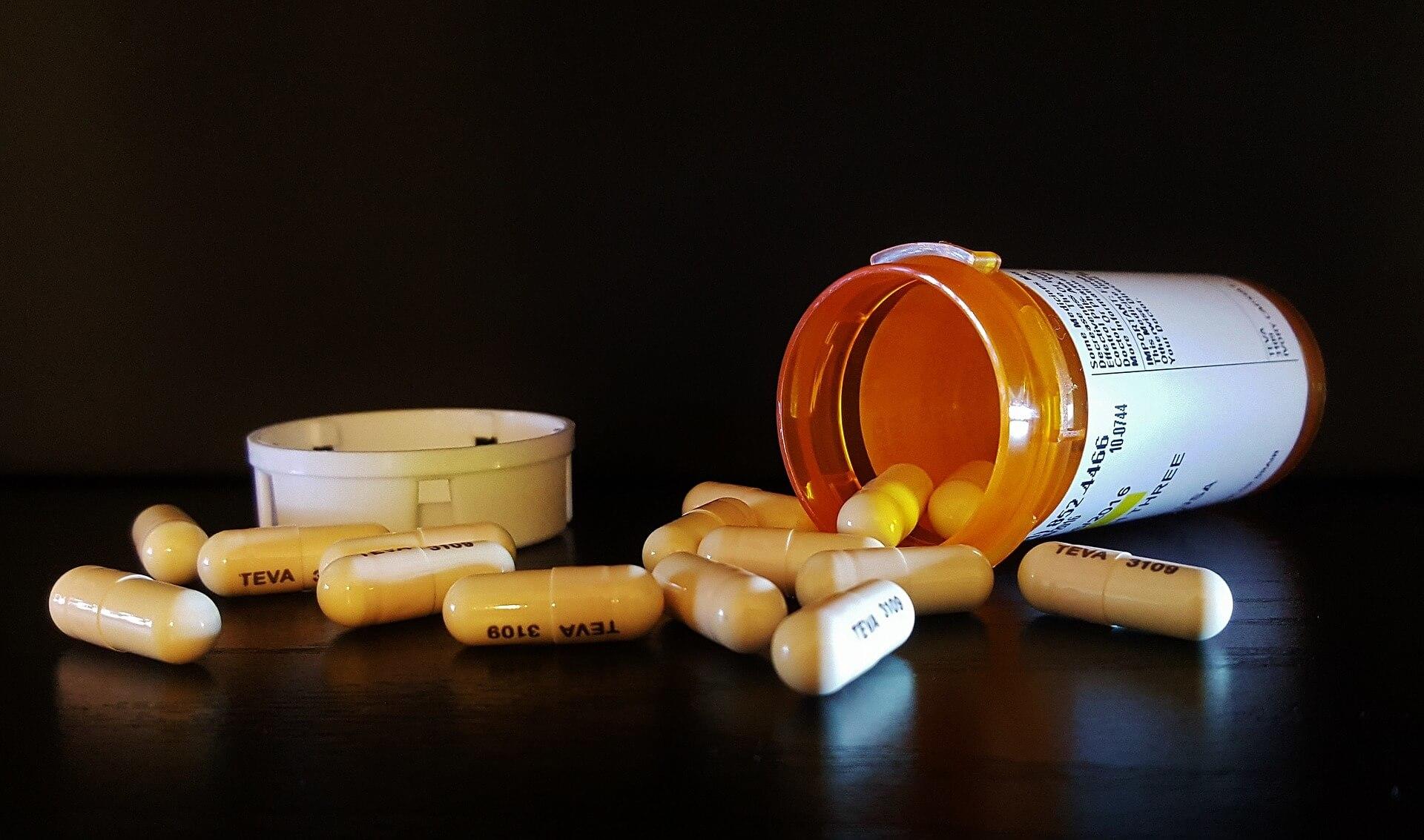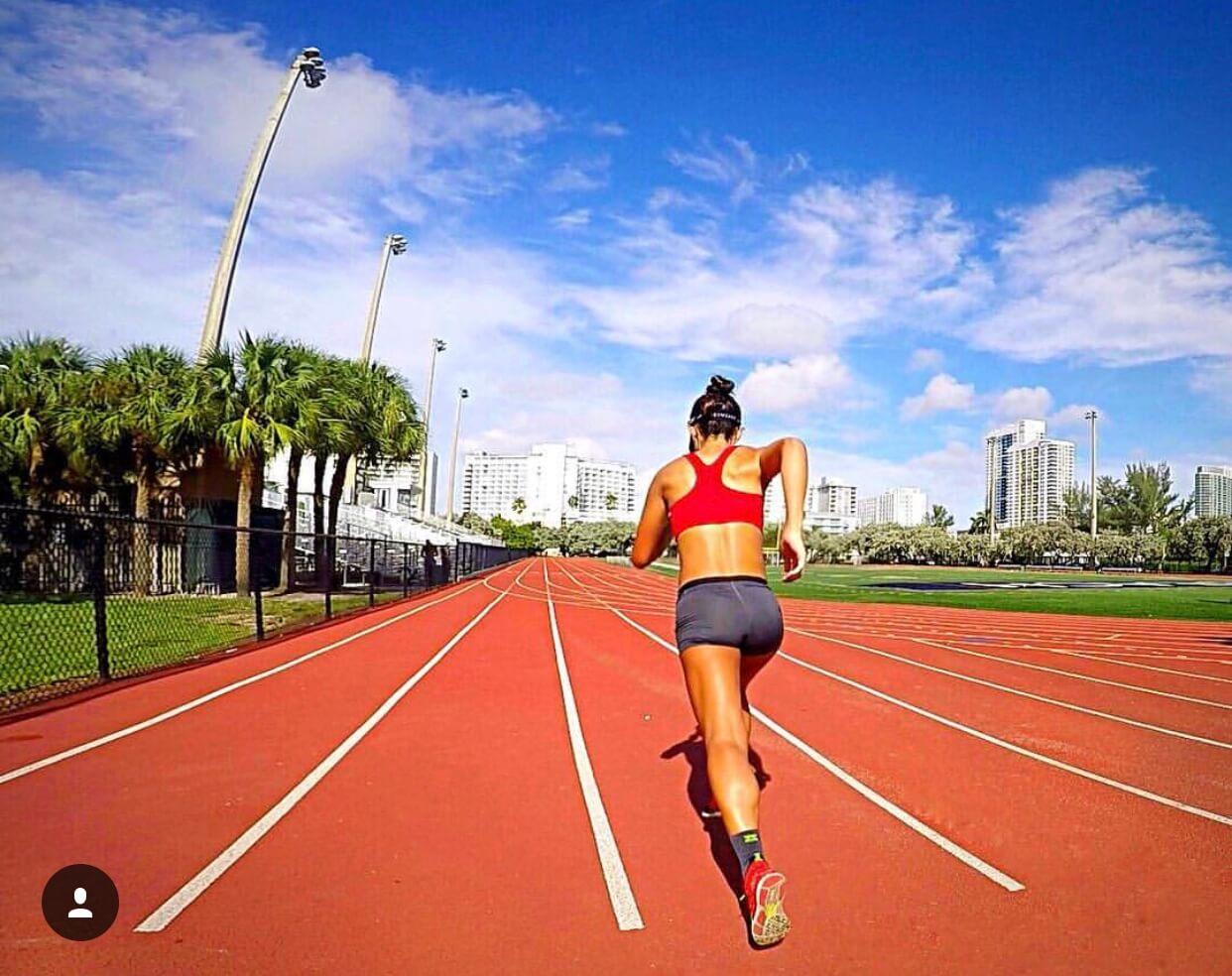Taking Antibiotics? You Should Probably Slow Down on Training

You sign up for your local marathon, begin a well-thought out training plan six months prior, finally reach the last hard month of training, and then come down with a urinary tract infection. As uncomfortable as the diagnosis is, it does not hinder your marathon training, but you question if the necessary antibiotic will. If you are a hardcore runner, consistently focused on optimal performance and breaking personal records with every competition, you most likely are careful about what you put into your body. For the recreational athlete, this aspect may not so simply come to mind.
To perform at our best, the kinds of foods and beverages we consume have a great impact. This is why many athletes become strict about their diets, limiting alcohol and foods with little nutritional value. Although being smart about diet, it is not uncommon for some athletes to ignore the impact of certain medications. We include specific vitamins, protein powders, and other recovery supplements, but forget to think about prescription drugs. Many medications are especially necessary and it is important to know about the side effects and how it may affect our athletic performance.

Antibiotics are currently widely used for a variety of conditions to treat bacterial infections in the body. They have been the lifesaver for countless diseases all over the world. As important as they are for treatment, it is unfortunate that antibiotics are prescribed when they are not absolutely necessary. It is hard to tell when these drugs are needed and when the body can do without, as the everyday person will usually trust whatever the prescribing doctor says. These days a good proportion of the population use urgent care centers for a quick diagnosis for non-emergency situations. As helpful as these clinics are, unfortunately the doctors and the rest of the medical team do not have a full evaluation on the patients regarding their history and activity level.
Performance Side Effects
As with any supplement, especially with prescription medication, it is vital to know and understand the side effects. Hopefully most of the prescription bottles include a warning regarding any dangerous side effect that may occur, but the majority of the other effects will be located in the inserts that come with the medication from the pharmacy. There is no doubt that many people will disregard that insert before they begin taking the pills. It is not that uncommon for the prescribing doctors to leave out the possible side effects when they are prescribing medications. As mentioned earlier, your doctor should be aware of your medical history and level of activity, so that they can hopefully bring up any side effects that may impact your routine. As far as antibiotics go, below are the most common side effects that will impact endurance activities such as running and cycling.

Photosensitivity
Many antibiotics including fluoroquinolones (Cipro, Levaquin, Floxin), tetracyclines (Sumysin, doxycyclines), and sulfonamides (Bactrin, Proloprim), increase the body’s sensitivity to heat and the sun. Running, along with any outdoor activity, exposes athletes to enough sun, especially during long runs and races. Taking antibiotics will increase the risk of skin cancer and heat illness, therefore it is extremely important to be aware of this side effect and prepare for activities properly. This includes more use of sunscreen, hats, long-sleeved shirt, long pants, and sunglasses to protect against sunburn. Making sure to properly hydrate before, during, and after heat exposure is vital to prevent dehydration, which can weaken the body and greatly affect performance.

Fatigue & Stomach Issues
Due to the fact that antibiotics are used to decrease the harmful bacteria in the body, they end up disrupting the balance between the good and bad bacteria in the gut. This will eventually cause diarrhea and other stomach issues that ultimately lead to dehydration due to the loss of fluid in the body. If the lost fluid is not replaced, the dehydration will create fatigue and of course poor performance. This will increase the risk of fainting and possible injury if it occurs during a run or race. Some studies have shown that the likeliness of these issues can be reduced if a probiotic is taken at the same time as the antibiotic.
Tendonitis and Tendon Rupture
The antibiotic class of fluoroquinolone has been studied over time and shown to increase the risk of tendon weakening, especially in the Achilles tendon. The already weak area in this tendon called the “watershed” area is where most inflammation and tears occur due to its limited blood supply. It is has been shown that during antibiotic use, toxins accumulate in this area and cause the weakening that leads to tendonitis. Although Achilles tendon ruptures usually occur with explosive moves such as sprinting and jumping, it is a good idea for distance athletes to limit activity during antibiotic use to avoid weakening the Achilles or any other tendon for that matter, which will increase the risk of tearing during or after using the medication.

Most antibiotics are prescribed for 7 to 14 days in length, which is not a long time to be off of running or other sports. The loss of fitness is minimal during this time and since the reason for limiting your activity is not due to an injury, resuming once off of the antibiotic will most likely be a smooth transition. Keep in mind that just because you shouldn’t run during antibiotic use, does not mean you can’t include another form of exercise to keep in shape. Swimming, pedaling on the stationary bike, and moderate walking are safe for the tendons and an easier way to limit dehydration and increased sun exposure. Taking care of our bodies means doing what we have to do to cure the bacterial infection requiring an antibiotic, but also avoiding other injuries or illnesses from continuing to train during the infection treatment. Taking a break from training for a couple of weeks is worth it to avoid the setbacks that may be caused by antibiotic side effects.
Sources
Latest Articles
 Is Running on a Treadmill Easier Than Running Outside?Runners have their own preferences, whether it is treadmill running, running outside on the road, or exploring trails. So...
Is Running on a Treadmill Easier Than Running Outside?Runners have their own preferences, whether it is treadmill running, running outside on the road, or exploring trails. So... Is It OK to Use Trail Running Shoes on the Road?While trail running shoes can be used on roads, especially in situations where a runner encounters mixed terrains or pref...
Is It OK to Use Trail Running Shoes on the Road?While trail running shoes can be used on roads, especially in situations where a runner encounters mixed terrains or pref... How to Fix Sore Quads After Running?Rest, ice, gentle stretching, and over-the-counter pain relievers can help soothe sore quads after running. Also, ensure ...
How to Fix Sore Quads After Running?Rest, ice, gentle stretching, and over-the-counter pain relievers can help soothe sore quads after running. Also, ensure ... 10 Fruits With The Most Electrolytes to Replace Sports DrinksThese fruits are high in electrolytes such as potassium, magnesium, and calcium, essential for hydration, muscle function...
10 Fruits With The Most Electrolytes to Replace Sports DrinksThese fruits are high in electrolytes such as potassium, magnesium, and calcium, essential for hydration, muscle function...

